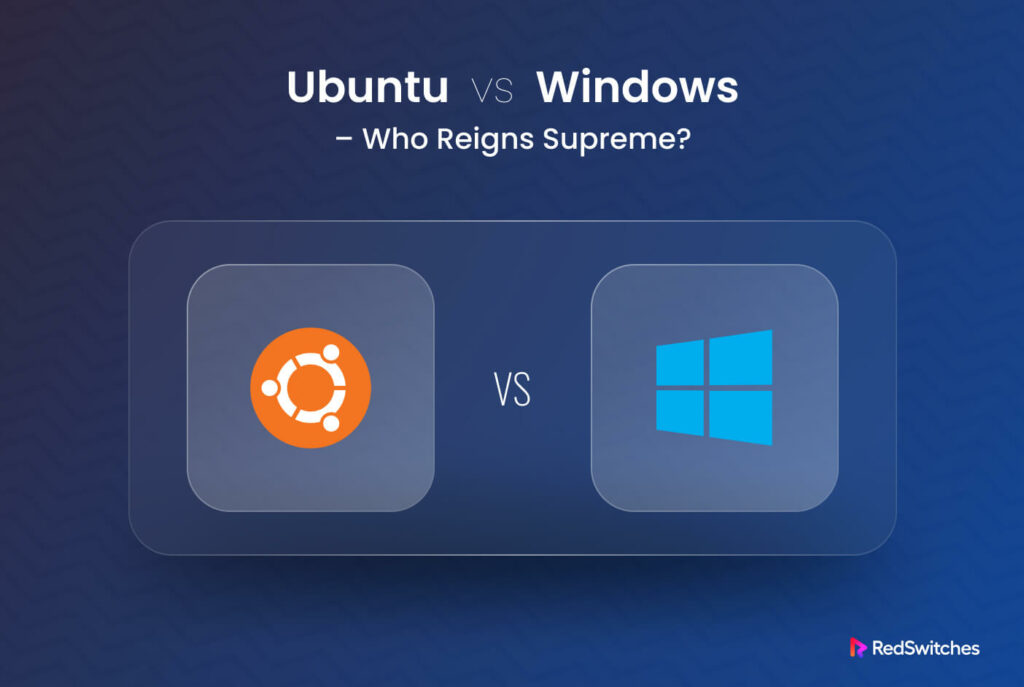Windows 10 vs Windows 11: Which Reigns Supreme in the Battle of Operating Systems?

Uncover the ultimate showdown between Windows 10 and Windows 11 - which OS will emerge victorious in this epic battle?
Table of Contents
When it comes to operating systems, Windows has been a dominant force in the realm of computer technology for decades. With the release of Windows 11, many Windows users are wondering whether it's worth upgrading from the trusted Windows 10. In this blog post, we'll delve into the key differences between Windows 10 and Windows 11 to help you determine which operating system reigns supreme in the battle of operating systems.
Features and User Interface
One of the most noticeable changes between Windows 10 and Windows 11 is the user interface. Windows 11 introduces a fresh, modern look with centered taskbar icons, rounded corners, and a new Start menu. The Start menu in Windows 11 has been redesigned to provide a more streamlined and personalized experience for users. On the other hand, Windows 10 retains a more traditional interface with a left-aligned taskbar and a Start menu that combines Live Tiles and a list of applications.
Performance and System Requirements
Windows 11 boasts improved performance compared to its predecessor, Windows 10. It offers faster boot times, reduced system resource usage, and enhanced multitasking capabilities. However, Windows 11 comes with stricter system requirements, including the need for a compatible processor, TPM 2.0 support, and Secure Boot. In contrast, Windows 10 has less stringent system requirements, making it accessible to a wider range of devices.
Compatibility and App Support
One of the key concerns for users considering an upgrade to Windows 11 is app compatibility. Windows 11 introduces a new Microsoft Store and promises better app support through technologies like PWA (Progressive Web Apps) and Android app integration. However, some users may encounter compatibility issues with legacy software and hardware drivers on Windows 11. Windows 10, being a more established operating system, offers broader compatibility with a wide range of applications and peripherals.

Image courtesy of www.redswitches.com via Google Images
Security and Updates
Security is a top priority for any operating system, and both Windows 10 and Windows 11 take different approaches to safeguarding user data and privacy. Windows 11 includes enhanced security features such as hardware-based isolation, secure boot, and improved ransomware protection. Additionally, Windows 11 offers longer support and feature updates compared to Windows 10, ensuring users stay protected against evolving threats.
| Features | Windows 10 | Windows 11 |
|---|---|---|
| User Interface | Start Menu and taskbar are familiar to users | New centered Start Menu, redesigned taskbar |
| Performance | Stable performance with updates | Improved performance with new features like Snap Layouts |
| Compatibility | Supports a wide range of software and devices | Better compatibility with newer hardware and software |
| Security | Regular security updates | Enhanced security with features like TPM 2.0 |
| Productivity | Offers productivity tools like Task View and Virtual Desktops | Enhanced productivity with features like Widgets and Virtual Desktops |
Should You Upgrade from Windows 10 to Windows 11?
Now that we've explored the key differences between Windows 10 and Windows 11, the question remains: should you upgrade from Windows 10 to Windows 11? The answer ultimately depends on your specific needs and preferences. If you value the latest features, improved performance, and enhanced security offered by Windows 11, upgrading may be a worthwhile investment. However, if you prioritize compatibility, familiarity, and a stable operating system, sticking with Windows 10 may be the right choice for you.
As always, it's essential to weigh the pros and cons of both operating systems before making a decision. Consult resources like Windows for Dummies for expert advice and helpful tips on navigating the Windows operating system. Whether you're a seasoned Windows user or a newcomer to the world of operating systems, Windows for Dummies has you covered with easy how-to guides, FAQs, and tips to enhance your Windows experience.
In conclusion, the battle between Windows 10 and Windows 11 comes down to a matter of personal preference and priorities. Consider your individual needs, compatibility requirements, and desired features to determine which operating system reigns supreme for your computing needs. Whether you choose Windows 10 or Windows 11, rest assured that both operating systems offer a robust and reliable platform for your digital endeavors.
Generated by Texta.ai Blog Automation


